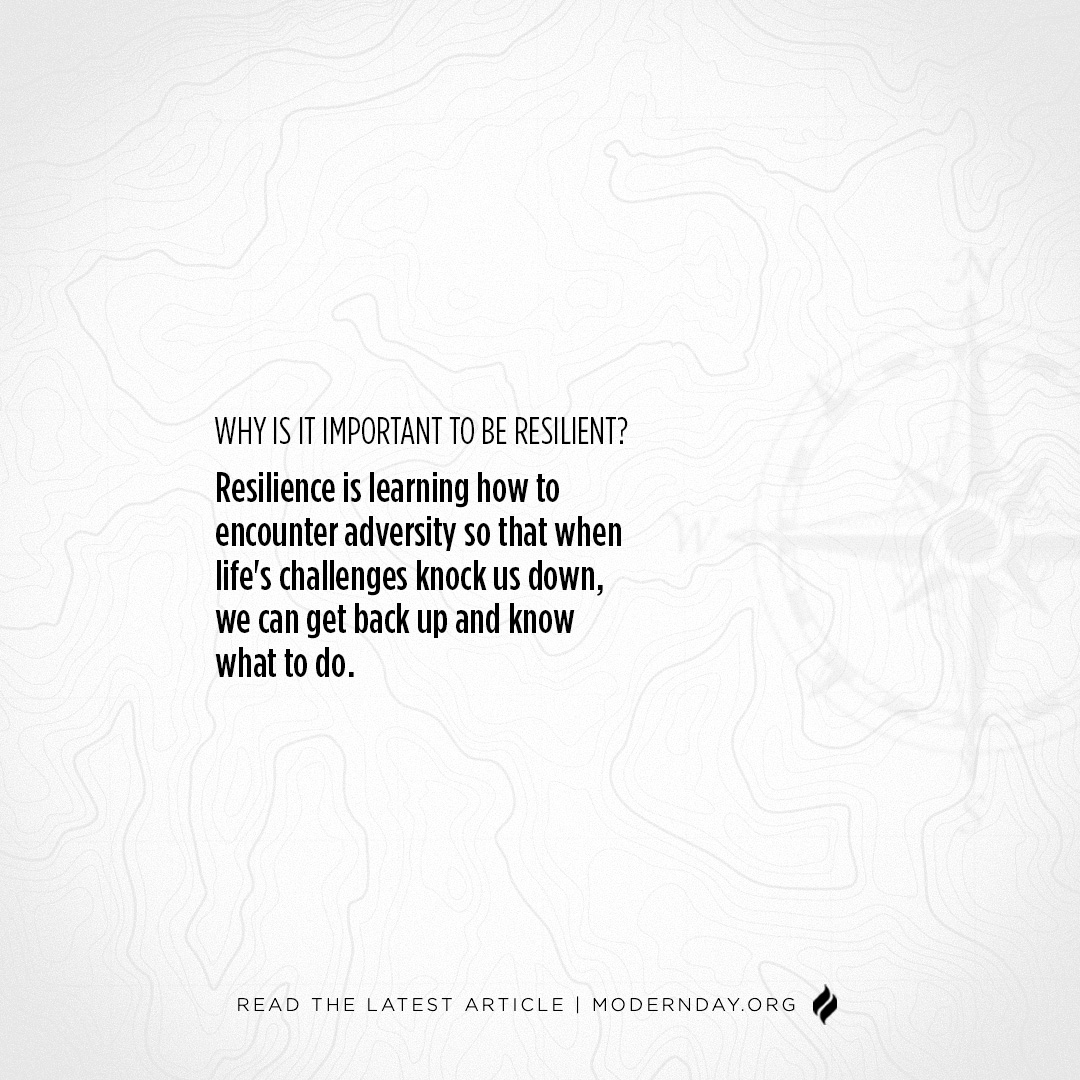IN PANAMA: I attempted to explain the Gospel to a Rastafarian who went by the name “Charles Darwin” in Casco Viejo (Old Quarter). — Photo by Sara Ruth Freitag
In the context of short-term mission trips, I have often heard ministry workers say that we should pray for “divine appointments” with non-Christians in order to explain the Gospel. What they have in mind are circumstances such as the Apostle Philip being providentially directed to an Ethiopian who was thirsty for understanding about Christ.Other examples include Peter being led by the Spirit to the house of Cornelius, who became one of the first non-Jewish believers in Jesus, and the Apostle Paul and Silas bringing saving knowledge to a Philippian jailer’s household.It is always a blessing to pray with someone who is repenting of his sins, confessing belief in Christ and pledging allegiance to him as Lord. There’s an extra thrill whenever it’s obvious that such encounters were prearranged by God. However, sometimes God gives us the uncomfortable assignment of speaking to people who aren’t so receptive to the Gospel message.
I have heard a theory espoused in missionary circles that strikes me as a spirit of timidity at best and bad theology at worst—the idea that we are wasting time if we don’t wait for “divine appointments” before sharing the Gospel. The bad theology of this is the idea that God would not have us share the Gospel with people who “aren’t ready accept it.” I believe that God wants us to share the Gospel with some people precisely because they aren’t ready to accept it. Some people will never be prepared to accept the Gospel until having that initial, awkward conversation with an evangelist that forces the nonbeliever to think about it. As the saying goes, you cannot un-ring a bell. Once a person has heard the Gospel, even if that person responds by actively resisting it, God has a fresh platform to get that person thinking about his spiritual condition and his eternal destiny.
Furthermore, Jesus often discussed the fact that there would be those who declined the Gospel invitation. He likened an evangelist to a farmer planting seeds. The seeds symbolized the word of God, and some of them fell “along the path” that symbolized stone-hearted, unreceptive Gospel hearers.4 He also warned that people who understood the Gospel and refused to submit to it would be in jeopardy of more severe judgment than those who had less information.5 Nowhere in Scripture does Jesus or an apostle suggest that we shouldn’t “waste time” with certain people.
Perhaps some missionaries seek divine appointments out of fear of encountering a hostile audience. But we should expect to experience hostility. When Jesus sent out his apostles to minister in his name, he warned them that there might be entire towns that would reject them.6 The Apostle Paul constantly suffered rejection for his Gospel stand.7 Scripture suggests that we should expect to experience social “affliction” for the sake of the Gospel, but promises that God will “grant relief to you who are afflicted” when we are with him in heaven,8 suggesting that the Gospel is worth sacrificing our comfort for.
As we endeavor to tell people the good news concerning Christ, we might find ourselves in some difficult conversations, but we should take solace in the fact that our boldness might help a resistant listener come to a heightened sense of the Gospel’s validity and urgency. That might allow someone down the road to lead the formerly resistant person to Jesus. If so, your former adversary will thank you profusely when you meet him in heaven.
1. Acts 8:26-40
2. Acts 10
3. Acts 16:25-40
4. Matt.13:19
5. Luke 12:47-48
6. Matt.10:14
7. 2 Cor. 6:8
8. 2 Thess. 1:7
Raymond Billy is a discipleship mentor for Youth With A Mission.
If you would like to make a financial contribution to Raymond Billy, CLICK HERE.







